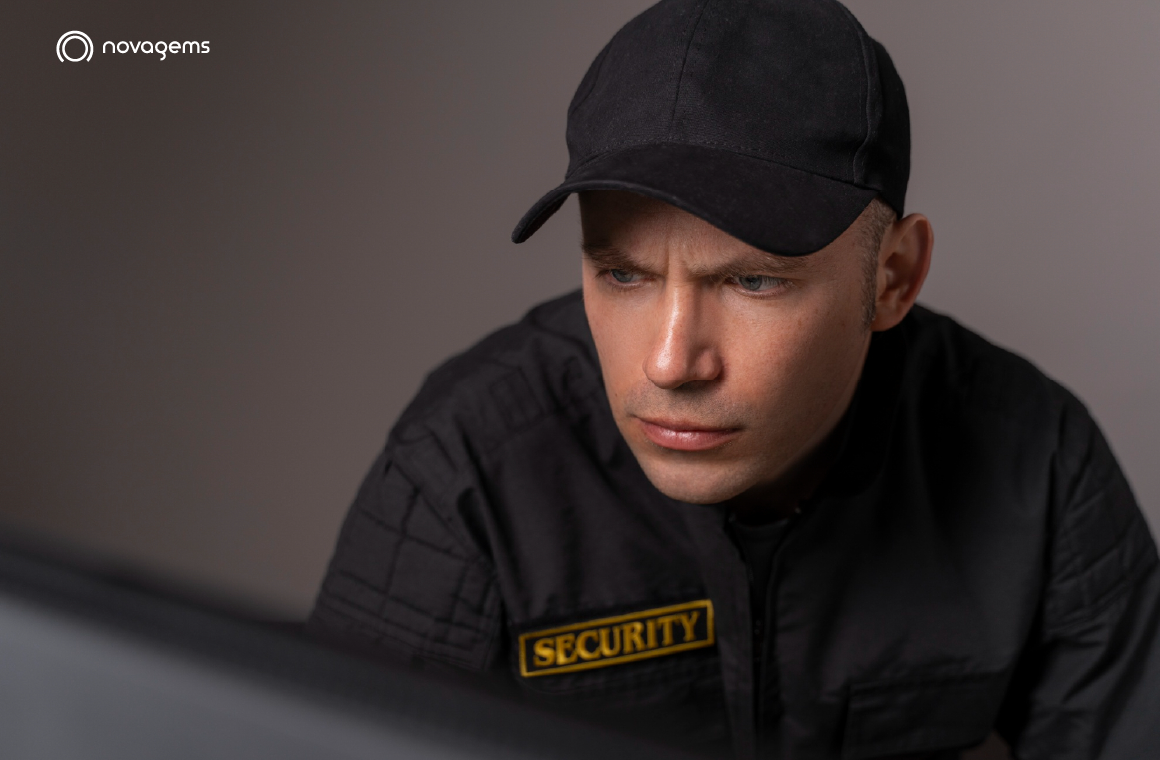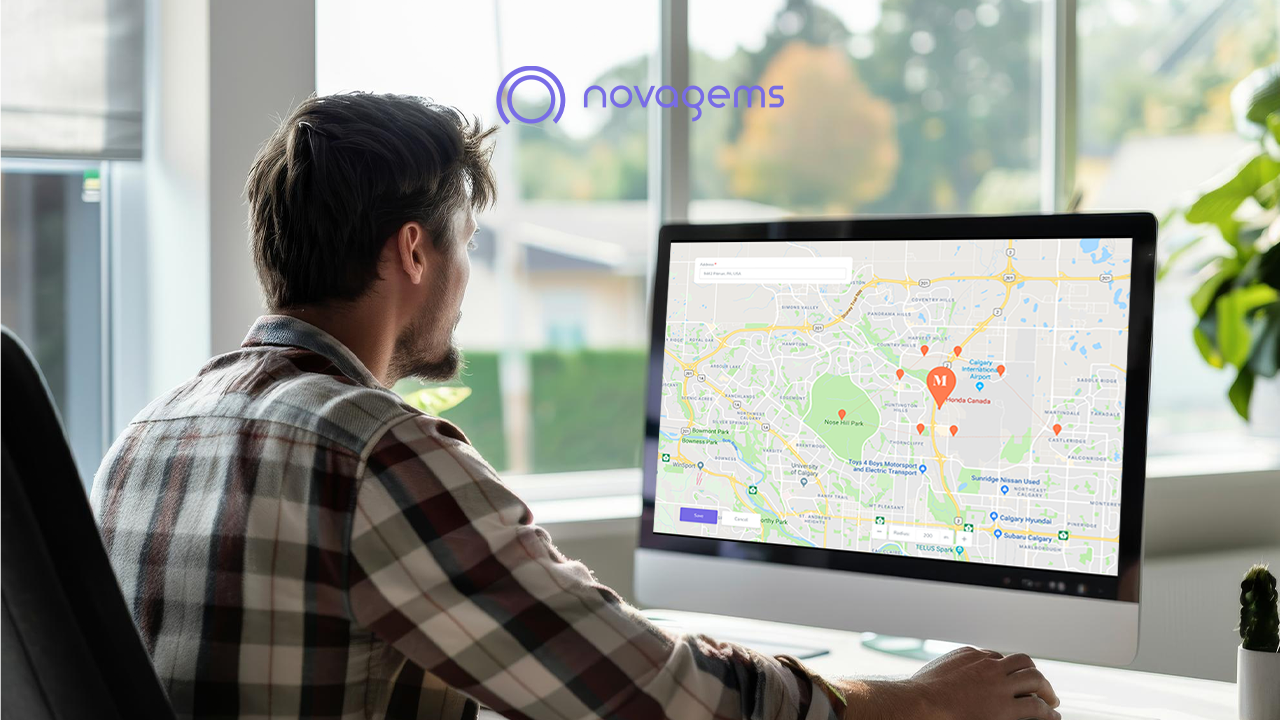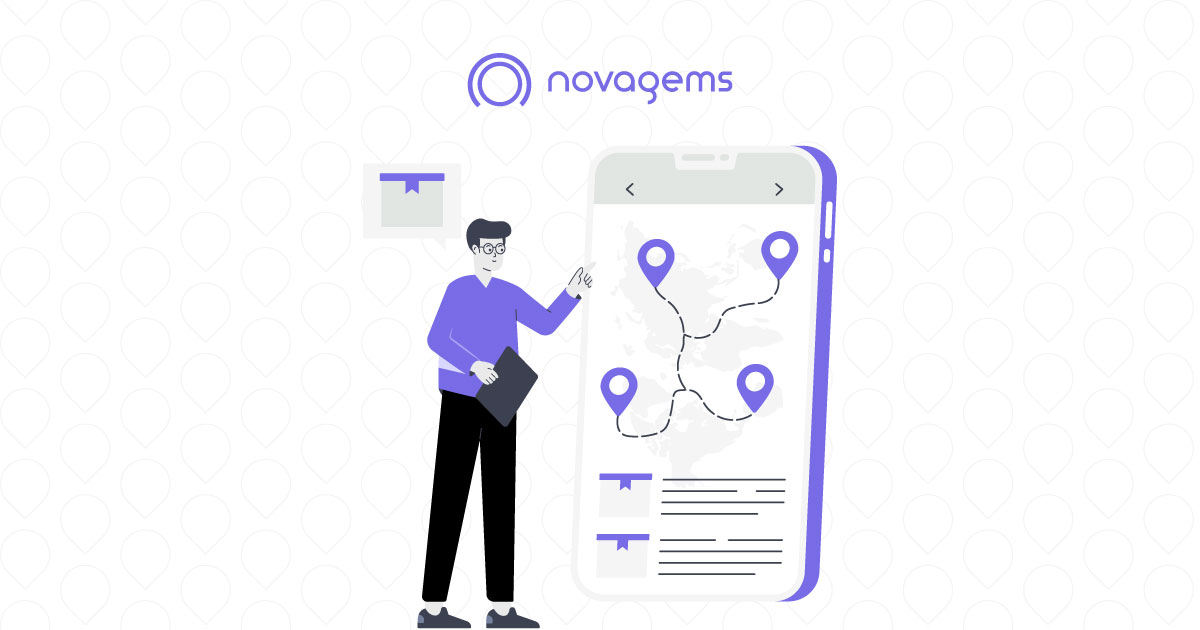Common Problems Of Working Security Guards
Tue, Apr 9, 2024
Read in 6 minutes

Security guards are the backbone of the society in maintaining peace, harmony and security of people and assets alike. They are the frontline protectors and are often overlooked by many. Security guards blend in easily but they never fail to provide a blanket of security and peace of mind. However, the job comes with its own set of challenges that can be physically and mentally demanding.
Although no security guard’s job is easy, knowing about the common challenges and problems faced by them should be known if you are considering a career in the security industry. This helps you to be better prepared for the upcoming threats and challenges. From security guard training to getting a license it is not always a bed of roses. Let’s explore more about what they face in their lives to keep us safe.
-
Physical Fatigue and Stress
Security guards often work long hours, sometimes during odd hours or overnight shifts. Sometimes they are working in broad daylight and sometimes you will find them being the night owls. This will eventually lead to fatigue and stress. They need to stay alert and vigilant at all times and their minds are constantly working. This demanding nature of security guard jobs takes a toll on their physical and mental health.
Taking regular breaks, scheduling regular shifts, and offering access to wellness programs become necessary for the security guards. This helps them in providing good customer service and avoid unnecessary situations.
-
Lack of Proper Training
While many security guards undergo basic security guard training while they apply for a security officer license, there are times when this basic training are not enough. The guards might need to brush up their communication skills or their training sessions to stay on the top of the game. And if this basic need is not fulfilled. It can leave them ill-equipped to handle certain situations effectively. Hence leading to potential risks and errors in judgment.
While the security guards are applying for a security officer license they need training in many things. Such as conflict resolution, emergency response, communication skills, legal rights and responsibilities, and the use of security equipment. Now this training can be provided by employers as well. After a security guard company hires a guard they can provide these training sessions at regular intervals. This keeps the guards well knowledgeable of the upcoming trends and regulations in the industry.
-
Equipment Malfunction
Reliable equipment is a security guard’s best friend. They are essential for security guards to perform their duties effectively. However, equipment malfunction is something that is unavoidable at times. This will lead to delays in response times and increase in damage of property. Now how can you avoid these situations?
Simple. Schedule regular maintenance of the devices used by security guards to keep the devices also updated. Devices such as mobile phones, body cams, and mobile patrol cars are in regular use of the security guard. Now the guards should also be trained in such a way that they do not only depend on the equipment to provide good services to the clients. They must know how to deal with small mishaps in the devices themselves without having to call for backup.
-
Dealing with Difficult Individuals
Guards often encounter individuals who may be uncooperative, hostile, or even aggressive. To deal with such situations security guards need to be patient, tactical and have a good presence of mind. Now the guards might be equipped with enough skills to handle these situations but it does take a toll on their mental health. It can be mentally and physically draining. Security guard training gives them insights on how to handle these situations.
Such situations can be easily de-escalated if the guards are trained. Employers should provide security guards with the necessary tools and support to handle difficult individuals safely and professionally. This may include access to communication devices for calling for backup, if necessary.
-
Safety Concerns and Hazardous Situations
Security guards are tasked with maintaining safety and order in various environments. Including potentially hazardous ones. This exposes them to risks such as physical violence, accidents, or exposure to harmful substances. Ensuring their own safety while fulfilling their duties is vital.
Before the security guard companies agree to provide their services to the clients they must do a thorough background check. Then they will need to take necessary precautions to avoid any harm coming to their security guards.
What Are The Responsibilities Of A Security Guard?
Security guards have a wide range of responsibilities which include but not restricted to -
- Conducting regular mobile patrols of the premises they are guarding
- Monitoring the surveillance systems and devices used to provide protection
- Seeing if proper rules and regulations are being followed
- Responding to emergencies and alarms and providing apt assistance
- Reporting the incidents to authorities and supervisors
- Keeping a detailed report of incidents and activity occurring on the location
- Maintaining proper professionalism and decorum at all times
- Providing exceptional customer service
What Are The Working Hours Of A Security Guard?
The working hours of the security guards vary according to the different requirements of the companies. It can also change from location to location to different facilities. They might even need to work on different times such as day shift, night shift, on the weekends or holidays as well.
Can You Be A Security Guard With A Criminal Record?
Before you can call yourself a security guard you will need to meet the basic requirements such as getting a security officer license. These requirements may change from location to location or state to state as well. For example, to become a security guard in Canada you need to be 18 years of age, have a clean criminal record, and be legally eligible to work in Canada.
However, a basic security guard training is a must to be eligible to become a security guard. After an individual has completed the training then only they can apply for the security officer license. If the basic training is missing. Then the security guards may face issues in facing some situations. Now some security guard companies may have policies that are different. Like the company may conduct a background check before hiring anyone as a guard. Now they can make a decision based on the severity of the crime, if committed. Or they might simply overlook the offense if it is not something major.
Conclusion
In conclusion, security guard jobs are not as easy as it seems. They are also humans and deserve praise, respect, and acknowledgment when required. Employers and companies need to understand these problems of working as a security guard. With proper security guard training these problems and challenges can be faced and addressed. Employers can create a safer and more supportive work environment for security guards, ultimately enhancing the overall security and well-being of the communities they serve.
Get a Free Trial
Sign up For Newsletter
Latest Blog Posts
Get Started
Start being productive & grow your business
with Novagems





